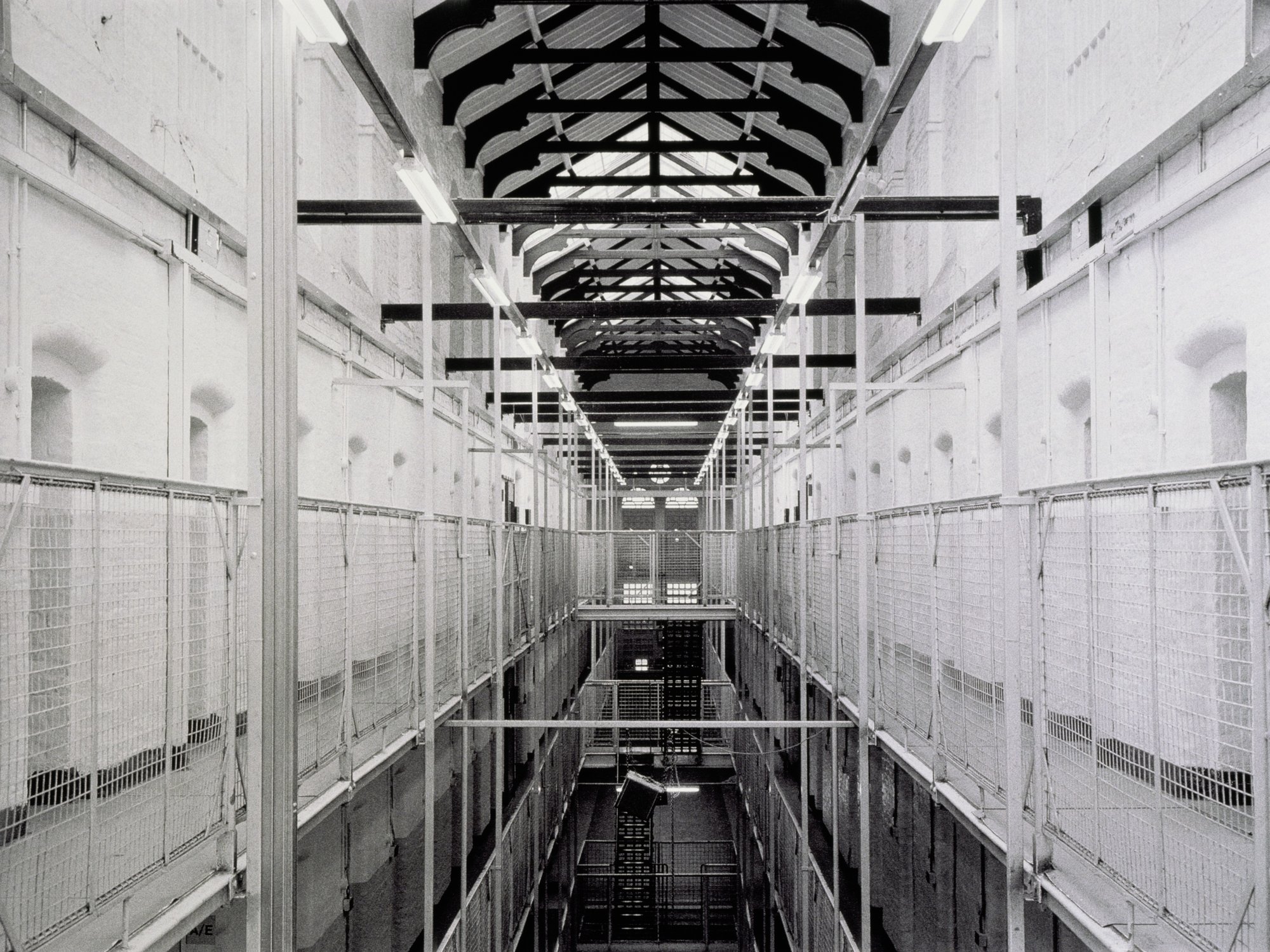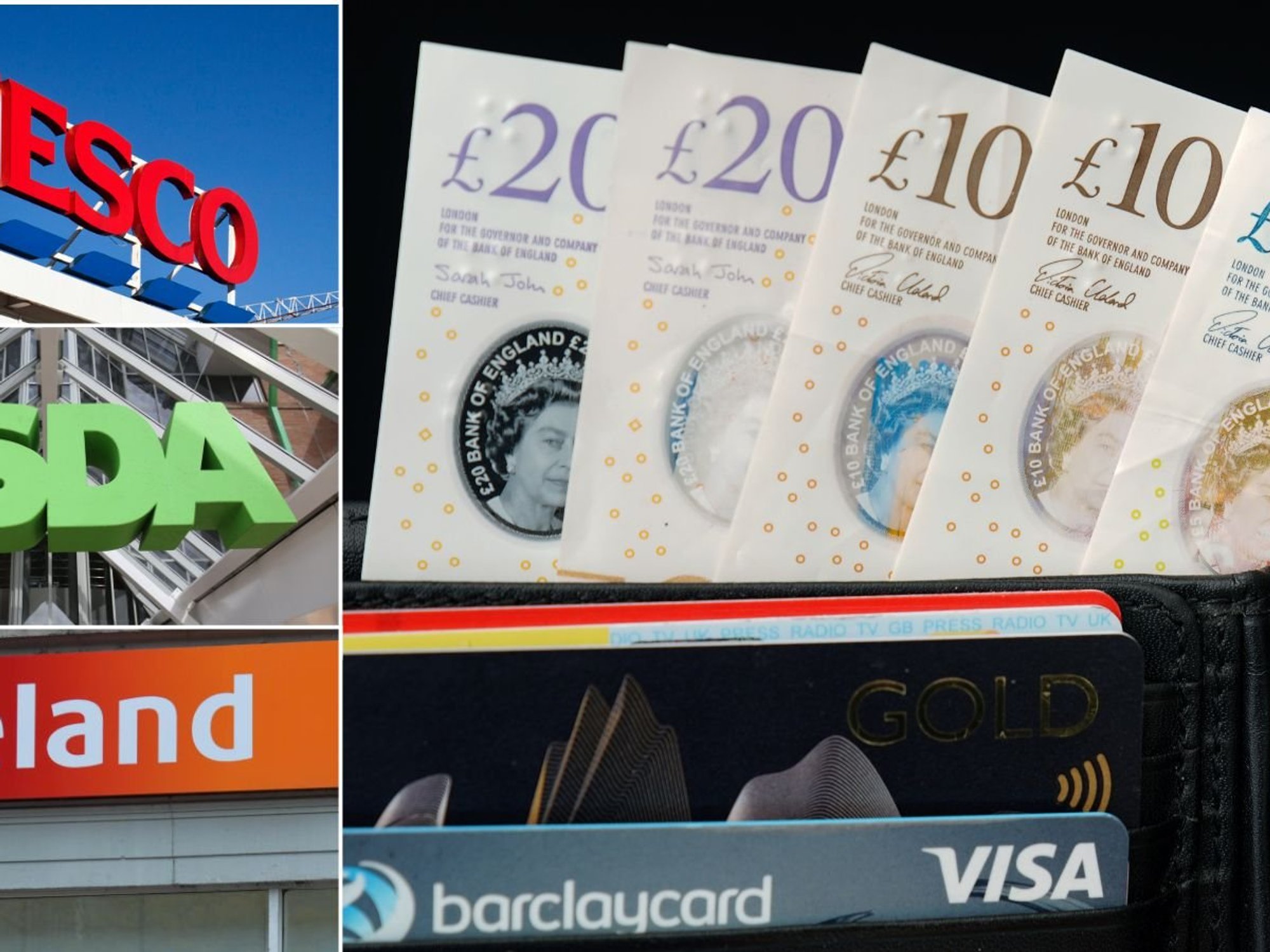'Last night saw the most dramatic moment for the BBC in its history,' says Jacob Rees Mogg
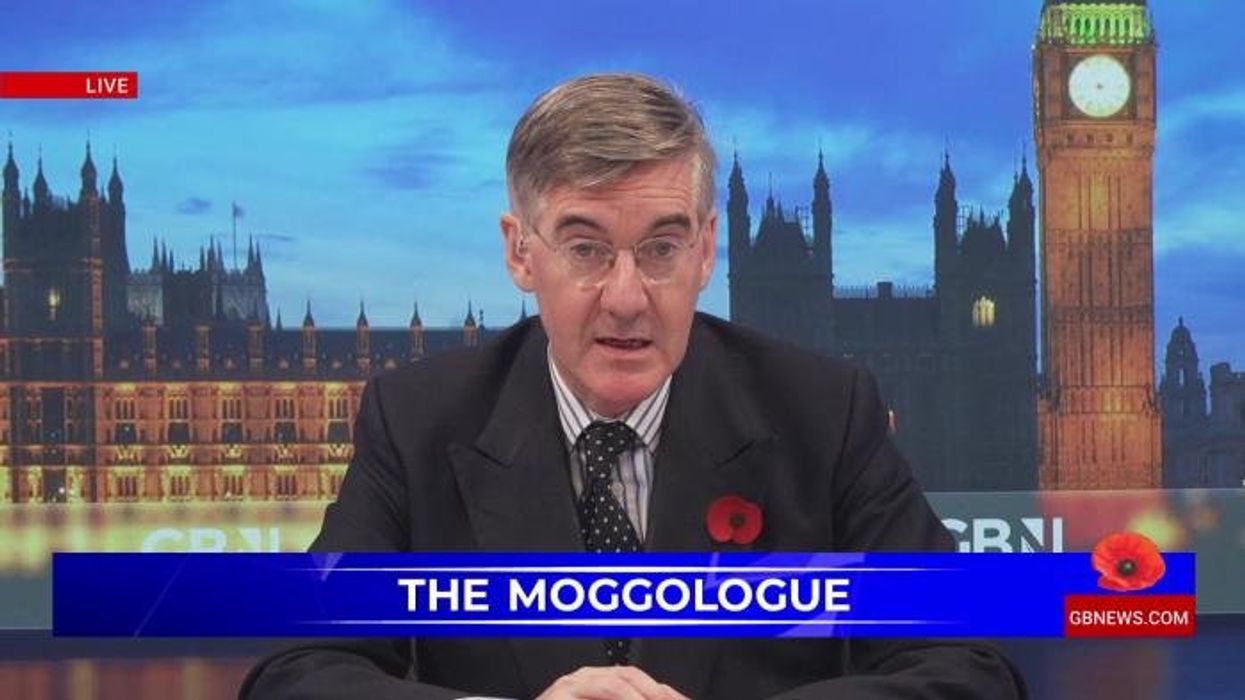
GB NEWS

Jacob Rees Mogg shared his views on the BBC crisis
Don't Miss
Most Read
Trending on GB News
The BBC is in the midst of another scandal.
Last night marked one of the most dramatic moments in the institution’s history, as both the Director-General, Tim Davie, and the Head of News, Deborah Tanis, resigned following revelations that a Panorama documentary had doctored a speech by Donald Trump to create the impression he was explicitly urging on the Capitol Hill rioters.
The BBC has admitted that the edit gave the impression of a direct call for violent action, calling it an “error of judgment.”
An internal memo by former BBC employee Michael Prescott also highlighted evidence of bias in BBC Arabic’s Gaza coverage, as well as debate over impartiality on trans and environmental issues, and editorial decisions that may have breached the BBC’s own guidelines.
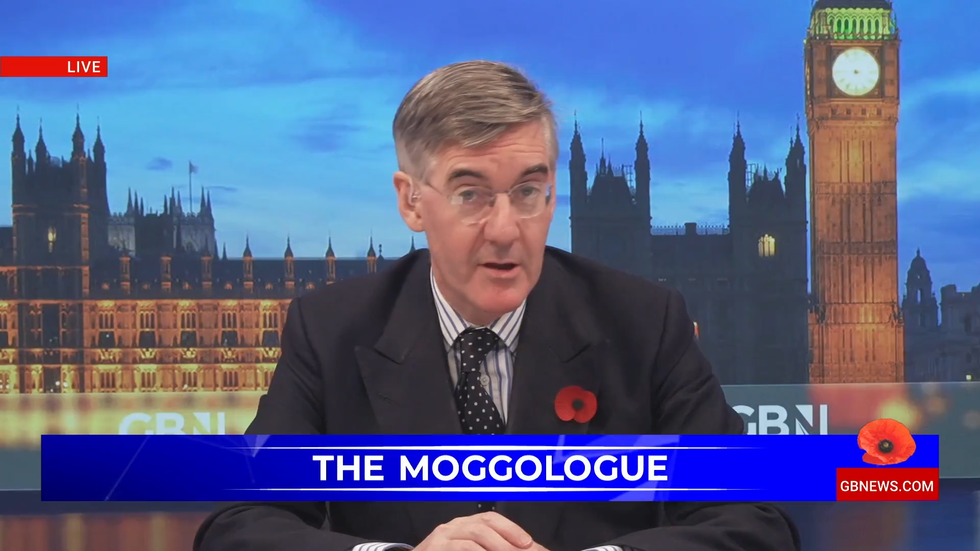
Jacob Rees Mogg shared his views on the BBC crisis
|GB NEWS
This afternoon, the scandal escalated further as Donald Trump wrote to the BBC, threatening a £770 million defamation lawsuit under Florida law if it does not issue a full and proper apology claiming the doctored clip caused overwhelming financial and reputational harm.
So, is it too late to save this once-great institution? Could this be the scandal that finally topples the BBC?
For years, critics have argued that the BBC has adopted a narrow, metropolitan worldview and become increasingly detached from much of the country it claims to represent.
The BBC has consistently denied these claims, insisting it has no institutional ideology or monolithic culture.
But a series of mistakes, controversies, and upheld complaints has weakened those denials and damaged public trust.
When an organisation funded by the licence fee, a tax paid by the public under threat of legal penalty, makes high-profile editorial errors, it’s far more consequential than a routine newsroom mistake elsewhere.
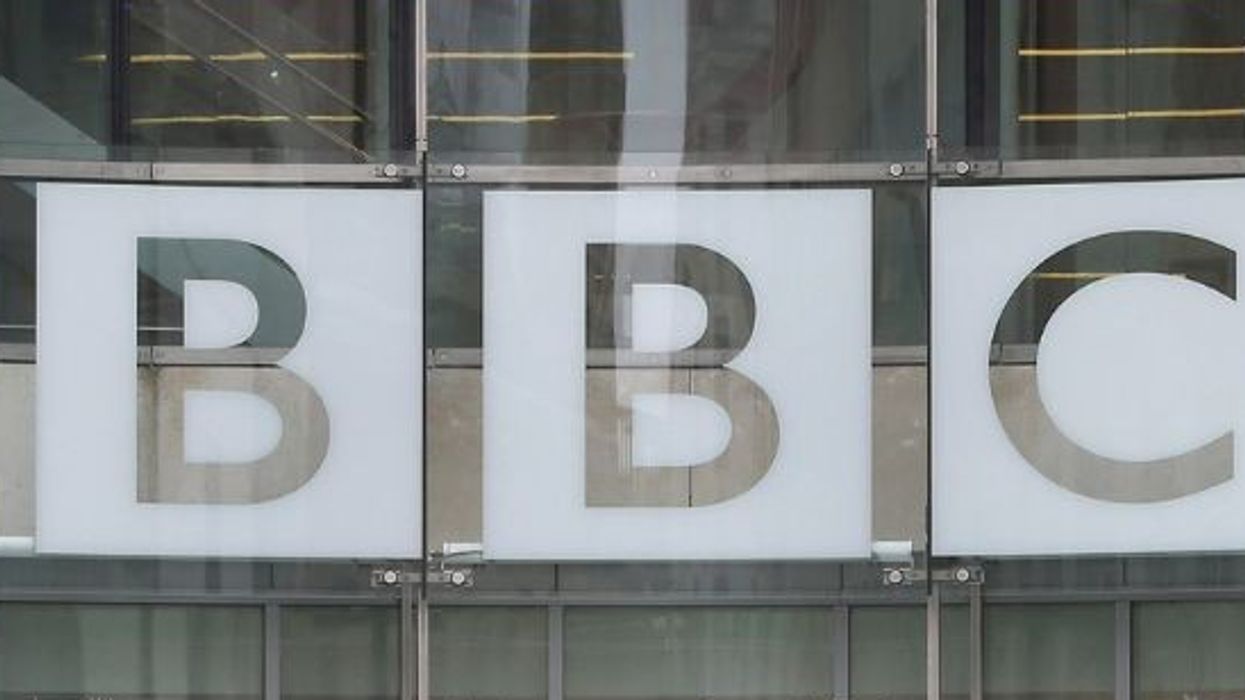
The BBC is facing a crisis this week
| BBC/Getty/XIt undermines confidence in the very notion of a national broadcaster. More importantly, it raises the question: is the licence fee model now suffocating the BBC by protecting it from competition, innovation, and accountability?
The BBC of 30 years ago was a global titan of broadcasting, admired worldwide for its standards and reputation. But guaranteed funding has dulled its incentive, allowing for cultural drift and making internal reform more difficult than in competitive markets.
If the BBC is to regain public trust, it must embrace commercialisation effectively ownership by licence fee payers through voluntary subscription or membership.
That would mean audiences choose to support it, revenue depends on performance, and impartiality becomes not just an ambition but an economic necessity.
MORE OPINION PIECES
Importantly, commercialisation does not mean abandoning what the BBC does best.
Despite its crises, the corporation still has major strengths, including assets such as iPlayer, which give it the potential to thrive in a competitive market, if it’s willing to adapt rather than hide behind taxpayer funding.
So, the question is not whether it’s too late to save the BBC. The real question is, is the BBC willing to save itself?





